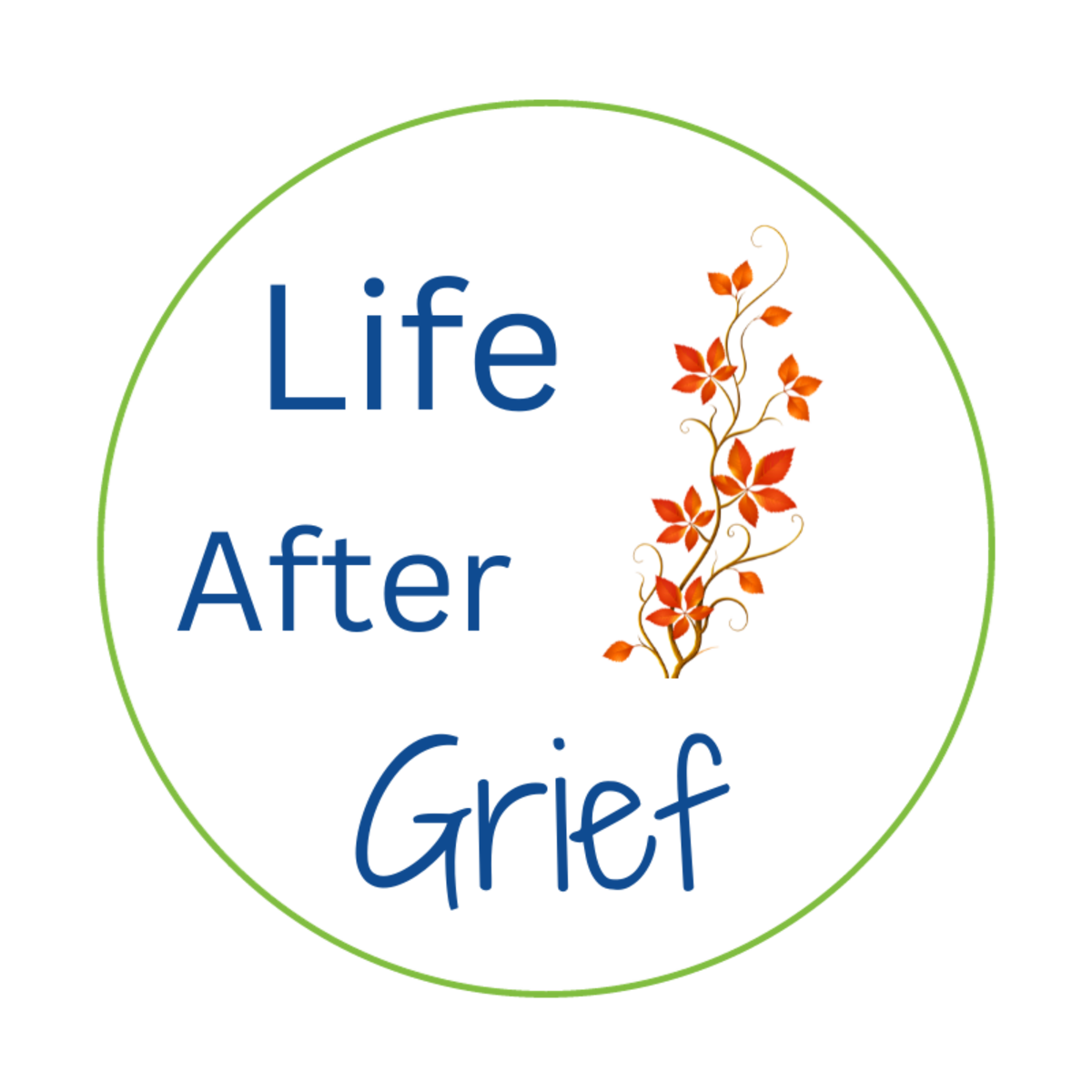3 Keys to Reduce Your Holiday Stress
Especially during the first two years grieving the death of a loved one, holiday gatherings can be extremely difficult. It’s a time when people connect with family and friends they may only see once or twice a year. Those curious, intrusive questions about what has happened since the last time they saw you can be viscerally painful and set off an angry outburst or tears. Discomfort can cause that friend or family member to awkwardly apologize or back away as quickly as possible, never to return.
Grief, tears and anger are not emotions everyone is comfortable with. Being around someone who has lost a spouse, family member or friend reminds us of our own mortality. As humans, if we are not at peace with that reality, we want to get away from the person grieving immediately. That leaves them feeling abandoned and alone.
Both the person grieving and those who love and want to support them are doing the best they can. Not talking about death and grief leaves all of us without clear guidance on what to do and say to ‘get it right’. When my husband, David, died of pancreatic cancer in 2016, I quickly discovered exactly how clueless most people were about how to ‘handle’ a widow like me.
For my own survival, as my life fell apart around my ears, I began designing solutions for every breakdown I experienced and sharing them with other widows. Because he died in September with his memorial service, 20th anniversary, Thanksgiving, his birthday, Christmas, surviving gatherings of people who loved us was one of the first things I had to figure out for myself.
Key 1 - Make a Plan
Decide how you want people to treat you before you go. When emotions are running high, it’s hard to think clearly.
Say nothing.
Share stories.
Give you a hug.
Consider how you will behave if you get upset.
Stay in the conversation, even if it’s uncomfortable.
Excuse yourself.
Leave the gathering early.
Ask your host or hostess in advance who will be there.
Avoid people you dislike or are indifferent to entirely.
Identify people you enjoy and want to connect with.
Think about sitting at the children’s table, if there is one. Those conversations were funny and easier on my heart.
Key 2 - Communicate Clearly
Determine what questions you are willing to answer. It’s astonishing what some people think they are entitled to know, such as:
How exactly did they die?
Isn’t it time you moved on?
Would you please give me (personal item of the person who passed away) to remember them by?
Assess your capacity to receive unasked-for advice graciously.
Consider the source of the advice. All opinions are not equal.
You have the right to say, “No,” if the advice is not right for you or the person offering it is the wrong person.
Trust yourself above all others, even though your world has been disrupted by your heartbreaking loss and grief.
Most of all, the people who love you want to know that you are going to be OK eventually.
Manage expectations by letting them know that you are not forever broken. Being OK includes tears and anger right now.
If you can, give them something small and specific to do. They are often desperate to help and clueless about what to do.
Give your host/hostess guidance on how they can support you - seating, not taking it personally if you leave early or can’t make it, rescuing you from obnoxious relatives.
Key 3 - Allow for Grace When Mistakes Happen
It’s normal to be awkward during uncomfortable conversations about any loss, but especially death. A person who is grieving might overreact. A person who cares might say or do the wrong thing.
Deflect and change the subject.
Redirect and ask clearly for what you prefer - a story, a hug.
If it’s just a mistake, let them know they did nothing wrong. One consequence of leaving them distressed is that they may distance themselves for fear of hurting you again.
Decide for yourself how you want to deal with people saying or doing unintended hurtful things.
If you are close, tell them immediately what happened, why it hurt and how you want to proceed going forward.
Take your time. Let it go in the moment until you decide what to do - correct them or ignore the mistake.
If the person is unimportant to you, let it go because they don’t matter enough for you to spend the energy fixing it.
Welcome to the first edition of the Life After Grief weekly newsletter. Subscribe below.

